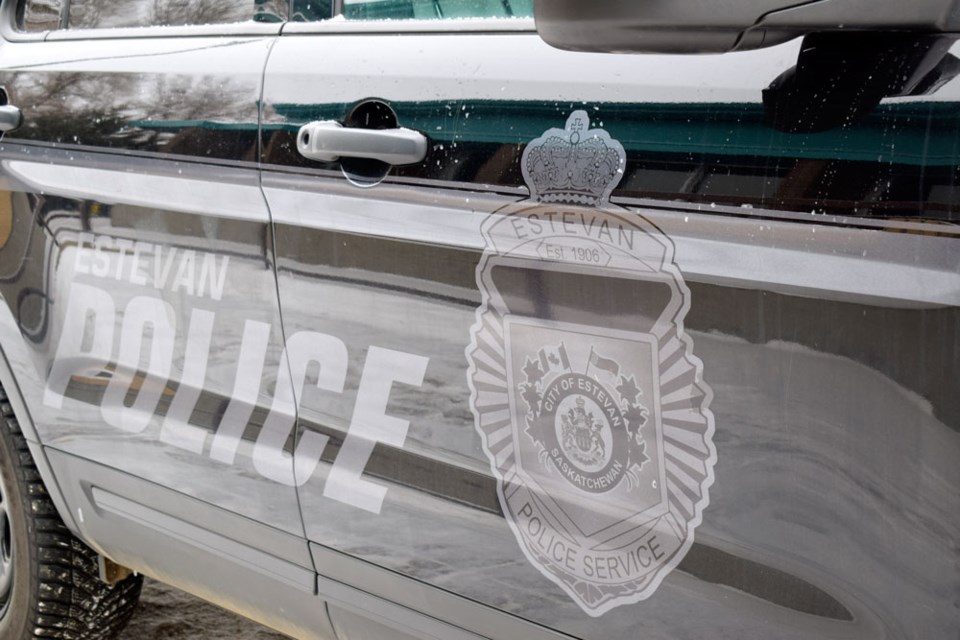It was a relatively innocuous paragraph in the weekend report of the Estevan Police Service, but it was a rather absurd item for the EPS.
"Police received a number of separate reports of individuals posting things on social media that were reported to be untruthful. The police spoke to the parties involved and the posts were removed. Police remind the public to be conscious of what is posted on social media, as even if they aren't criminal in nature they may become a civil matter for the courts. Often times there are other avenues to pursue remedy over a dispute that should be pursued rather than social media."
It's the type of report that makes you want to laugh, cry or shake your head. Or all three.
We've been critical in the past of those who spend too much time on social media, who get involved in heated debates on such platforms, who make slanderous and libellous statements on Facebook and other sites, and who just seem to take their social media accounts too seriously.
But reaching the point in which someone is calling the police to have untruthful statements removed from social media? It's the first time we've seen that in the police report. And it had to be rather frustrating for the officers.
(Had these calls been to the Saskatchewan RCMP, they likely would have been prime candidates to be included in the Saskatchewan RCMP's worst 911 calls list for 2023).
This should serve as a reminder to the public on a number of fronts.
First of all, your point of contact for slanderous or libellous remarks on social media should be the platform or a lawyer, not the police. The EPS has actual crimes and actual investigations to worry about. They shouldn't have to be dragged into online squabbles.
If there's a crime that's been committed, such as uttering threats or hate speech, that's the time to report it to police.
Cyberbullying, libel and slander aren't cool, and they are inexcusable, but that doesn't mean they're police jurisdiction.
Next, you might think you're immune from accountability for what you say and do online but that's just not true. Yes, it can be hard to prove who said what online. But you can still be sued, and rightfully so, if what you say is erroneous and damaging to somebody's reputation or career.
Even if it doesn't land you in court, a foolish remark could result in negative consequences for you down the line. We've seen people lose their jobs or forfeit a potential opportunity because of something stupid that was said or done on various platforms.
In every provincial and federal election, it seems like there are several candidates who have to defend themselves over something they said or did in the past that wound up online. Sometimes a candidate will be turfed by a party for previous actions.
You might think the immature or flippant remark that you made in your younger days won't come back to haunt you, but it might. Sometimes you might be associated with a comment that you no longer believe.
People might try to delete what they've said or done, but there are enough tech-savvy types out there who know how to recover past errors.
And if you have a problem with someone, don't take it up on social media.
The EPS didn't delve into more details on "separate reports". Does this mean that more than one person felt the need to call police about what was happening online? Or did the same person make multiple reports?
Social media can be a valuable tool that can have a beneficial purpose, such as when it is used to help people. But it can have plenty of downsides. The lack of regulation and oversight has been used by many.
But it also means we have to be smart about how we conduct ourselves, how we treat others and how we make reports to those who have wronged us.



